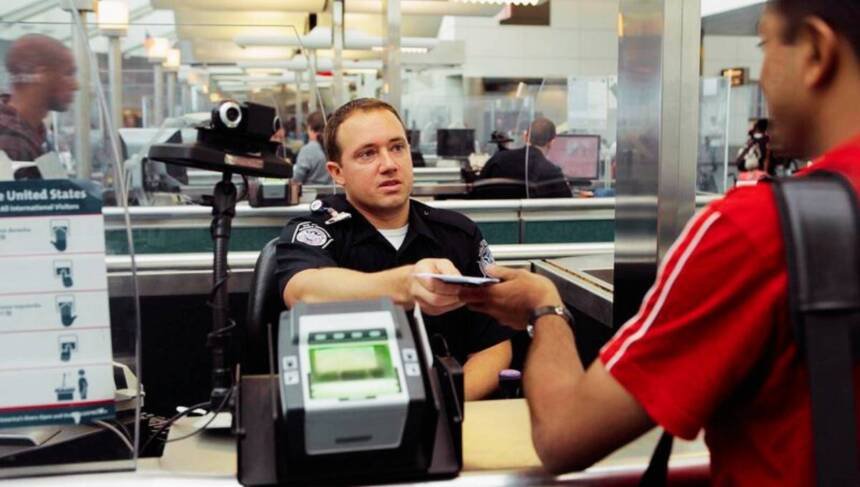The U.S. Citizenship and Immigration Services (USCIS) has announced significant fee increases for various immigration applications, which will have far-reaching implications for employers, noncitizen workers, and immigrant families.
The final rule, set to take effect on April 1, 2024, will result in fee increases of up to 26% to recover a greater share of its operating costs and support more efficient adjudication processes.
The fee adjustments include premium processing fees, with certain fees increasing from $1,500 to $1,685, $1,750 to $1,965, and $2,500 to $2,805. Additionally, the H-1B Electronic Registration Fee will surge from $10 to $215, marking a substantial 2,050% increase.
The USCIS stated that the fee increases are necessary to better meet the needs of the agency, enable more timely decisions, and address various operational requirements, including the reduction of benefit request processing backlogs.
However, the proposed fee hikes have been met with criticism, particularly due to the significant impact on employers, noncitizen workers, and immigrant families.
The final rule, published by USCIS, is the outcome of a comprehensive fee review, as required by law, and follows the January 2023 publication of a notice of proposed rulemaking.
The agency emphasized that the fee adjustments are essential to recover the full cost of its services, including the necessary expansion of humanitarian programs, federally mandated pay raises, additional staffing requirements, and other essential investments.
The fee changes are not limited to premium processing and H-1B visas, as other immigration applications are also set to increase in price. For instance, the fiancé visa petition will increase by 35%, from $535 to $720.
Moreover, the final rule provides a $50 discount for forms filed online, aiming to encourage online filing and streamline the application process.
The USCIS encourages stakeholders to visit the Frequently Asked Questions page on its website to view a comprehensive list of the new fees and to obtain additional information about the fee adjustments.
The agency also highlighted that while the fee increases will allow USCIS to better offset overall costs, congressional funding continues to be necessary to sustainably and fully address the increased operational requirements.
In conclusion, the USCIS’s announcement of significant fee increases for various immigration applications, including premium processing and H-1B visas, has sparked widespread concern and criticism.
While the agency asserts that the fee adjustments are essential to meet its operational needs and provide more timely decisions, the impact on employers, noncitizen workers, and immigrant families is expected to be substantial.








